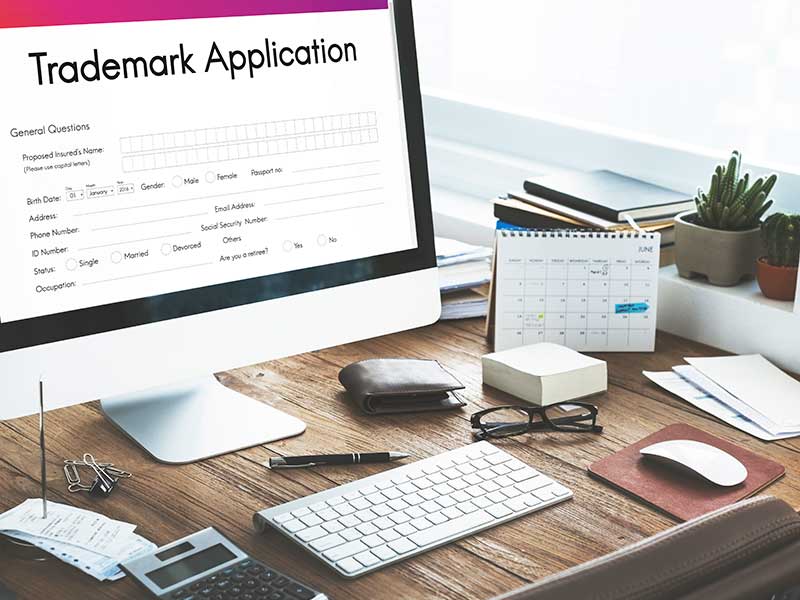The main component of business identity is the so-called “Brand Character”: the whole human characteristics of the brand. It relates more to the public and their characteristics, and how the product interacts with them. It includes the target audience’s specificities and characteristics, such as age group, gender, social, emotional and psychological status and material situation. As indicated in “The benefits gained from identity building”, Brand Character divides the market into different categories as per income, age, gender and standard of living. This targeting accurately reflects the brand character of brand and the characteristics of its audience that is being addressed, as well as in the possibilities of building sub-identities arising from the main parent brand.
This can be illustrated by the following example: “Mobily” offers a sub-identity of one of its products, “Raqi Service”, which is described as masculine, elegant and classic, while its other service as “Mobily Fallah” is characterized by energetic and fun for youth. And its service “Mobily star” as a classic feminine.
These are the distinctive characters of the sub-identities, which can be called: the brand character. It is about the way it interacts with audience and identifies the features and characteristics of human consumers. For example, if one is asked about McDonald’s, he may answer: funny, spontaneous, loved by children, cheap, available, widespread, fresh and clean.

The presence of a distinctive brand character facilitates the consumer’s deep understanding of this brand, thus creating an emotional relationship with it and specific feelings when seeing or dealing with the brand. This made consumers believe that Nike shoes are not just shoes; they are a way of life and mobility.
The significant point in this aspect of the study is about the mechanism of creating a distinctive brand character. Companies follow many techniques in this aspect, including: using pictures of individuals dealing with the product during their daily lives. The same for many products in the food and personal care sector, or by sponsoring certain events that relate to the characteristics of their audience. For example, Red Bull Energy Drinks sponsors youth events and racing for Formula cars. Or through using celebrities, as do fashion houses and airlines.

Brand Definition:
In the UAE Trademark Registration law, each form of distinguished name, word, signature, letter, or number, graphics, symbol, address, label, stamp, seal, images, patterns, advertisements, containers or any other signs or a sum of them, if used or intended for use, either to distinguish goods, services or products from whatever source, to signify that these services, goods or products belong to the trademark owner, for the sake of offering, manufacturing, selecting or trading, is considered a trademark. The sound associated with the trademark is also part of it.
Brands which cannot be registered as trademarks in the UAE:
The Trademark Law does not allow the following trademarks to be registered as trademarks in the state:
